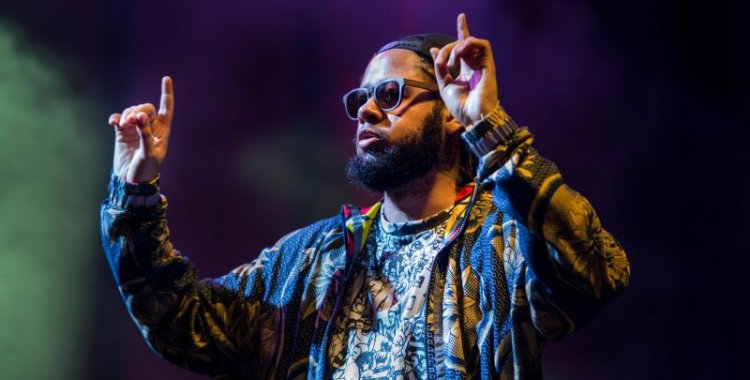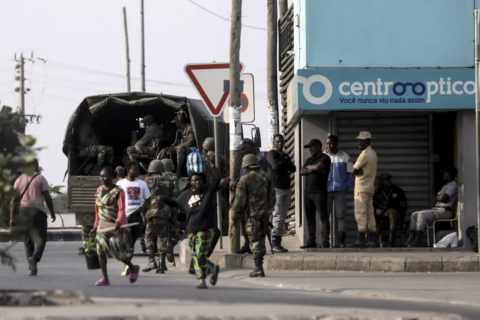Emicida is in Portugal at the invitation of the Center for Social Studies of the University of Coimbra for an artistic residency and hip-hop was the genre where he assumed himself as an artist, but also where he gained political and social awareness.
However, he stressed that this cultural manifestation was not created in the 1970s in the poor neighborhoods of New York, in the United States, but rather "named" there, because, in her perspective, "it was already happening in a number of other societies".
"Rap and hip-hop culture is like a big phone for the african diaspora around the world, which is re-establishing its connection with the mother continent of humanity," he stressed.
For the artist, "these cultures were disassociated, torn apart, but they resisted magnificently and produced resistance and this resistance flourished in the form of cultures such as hip-hop and rap".
Leandro Roque de Oliveira, named after Emicida, was born poor in São Paulo and the awareness he developed owes it, initially, to his relationship with music – "the first library I had access to".
"Books will become compasses of intellectual reference, because artists, especially in rap, speak in names of people I had no idea and before knowing this song I was led to believe that all the problems that they were all about personal issues – a personal issue from God to me. The first time I'm touched by broader reflection is thanks to rap music," he said.
The more he immersed himself in this culture and in this universe, the more his awareness "expanded, even beyond issues" that touched him "from a priority point of view", he says.
"I'm not only interested in discussing race. There's class, there's gender and these things shouldn't be disassociated issues. I've never elaborated on that, but I elaborated thanks to the songs," he says.
Today, he believes he is "halfway" - a kind of "missing link" - between rap and samba, after having released "AmarElo", an album he labeled "neossamba", trying to wave to references other than those coming of the United States, although they are also important and have influenced its path.
In addition to the album released in 2019, Emicida launched in 2020 the documentary with the same name, on the Netflix platform, where he expands the gesture of the disc and focuses on homage to multiple black characters in the history of Brazilian culture, art and politics.
The documentary, sums up, goes after the spaces left blank, the stories that remained to be told of people whose mobilization and activism made real "many of the possibilities" that their generation enjoys, such as the architect Tebas, the teacher and activist Lélia Gonzalez, actress Ruth de Souza, drummer Wilson das Neves or samba dancer and congresswoman Leci Brandão.
"Talking about these characters is to deliver fundamental fragments to understand the history of that country as a whole, starting from a very specific perspective, which is São Paulo", he emphasizes.
The musician, who has been in Portugal since July, between Porto, Coimbra and Lisbon, and who returns to Brazil on Thursday, stresses that he accepted the invitation of the Center for Social Studies because he believes that the academic world and popular culture should share learning "to improve the environment for both".
"I think academia can learn a lot from the fluidity and sensitivity of popular culture, just as popular culture can learn a lot from the systematization of knowledge in ways of the academic world," said the musician who admits to liking the environment of the academy - "of reflection by reflection".
From Portugal, he takes "many books", especially by Portuguese-speaking African writers, but he also takes advantage of other tours to discover records, with a special focus on "electric" music from the 1970s in Angola and Cape Verde, not only for the rhythms, but for the message of artists in a "very tense sociopolitical" period who functioned "as true photographers of human experience".
"That's what I try to be in my work. In the future, I would like to be seen as someone who managed to take a faithful and honest portrait of his time," he said.







